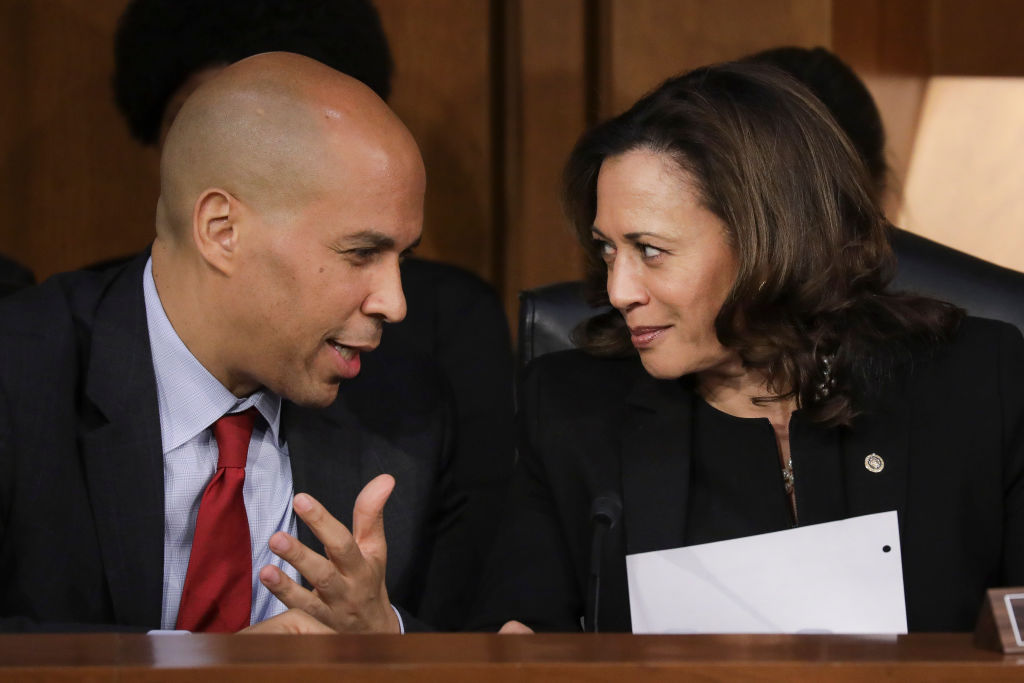The Supreme Court nomination of Judge Brett Kavanaugh has been nasty. From protests and last minute document dumps to the raised voices and clamour to land the perfect ‘gotcha’ question, the highly partisan hearings have turned into a Democratic contest over who can hit Judge Kavanaugh the hardest. Consensus has formed that the junior senators from California and New Jersey, Kamala Harris and Cory Booker, have done their respective name recognition among the Democratic faithful no harm should either of them seek the Democrat Party nomination in 2020. Which they both will.It’s not just Kavanaugh who has faced this Democratic barrage. The nomination hearings of now Supreme Court Justice Neil Gorsuch were similarly rancorous, largely owing to the perceived ‘theft’ of the seat from Obama pick Merrick Garland. Incidentally, Judge Garland will be hearing the perjury charges against Judge Kavanaugh…juicy huh? In the 2017 Gorsuch hearings, it was Senator Al Franken landing the most blows, launching himself into early consideration for the Dems 2020 Presidential nomination. But then a lot can happen in a year…There is easy money to be made, and empty column space to fill, in decrying this supposedly new hyper-partisanship of the Senate and the politicisation of the justice system. But it is a nonsense. Supreme Court nominations have always been politically charged and were arguably at their most fraught when Franklin D. Roosevelt tried, and failed, to pack the court, a move which grassroots Democrats are discussing with increasing fervour should they take over the legislature and the executive in 2020.The birth of television, and the embrace of broadcasted hearings by preening lawmakers, has made this all worse. When Ronald Reagan was forced to withdraw his nominee Judge Robert Bork, the game changed, as it did in the George W Bush era with his nominee Harriet Myers. Since Myers, every nominee has been voted for on partisan lines.For most of the year, the Senate Judiciary Committee is a political snooze fest(not even C-Span was rushing to broadcast the committees hearing on ‘Consolidation and Competition in the U.S. Seed and Agrochemical Industry’). During Supreme Court hearings however, it offers a great platform for opportunistic senators to boost their presidential hopes. If the President (preferably not from your party) nominates a judge you dislike, you can spend several days asking long, rambling questions, in multiple parts, and demanding a ‘yes’ or a ‘no’ answer.Under the bright lights of the television cameras, senators have repeated the presidential peacocking ad infinitum. Senator Joe Biden led the charge against Bork and was later on television every day attacking nominee Judge Clarence Thomas. Senator Edward Kennedy hammered at Judge Alito. And it isn’t just the Dems. Senator Lindsey Graham spent a whole week dripping Southern drawl over Judge Sotomayor.Are the Kavanaugh hearings nasty and highly partisan? Yes. Does this make a mockery of the idea of real legislative oversight? Yes. But it isn’t new.
August issue
Read Latest Issue
Read it now. >>





















